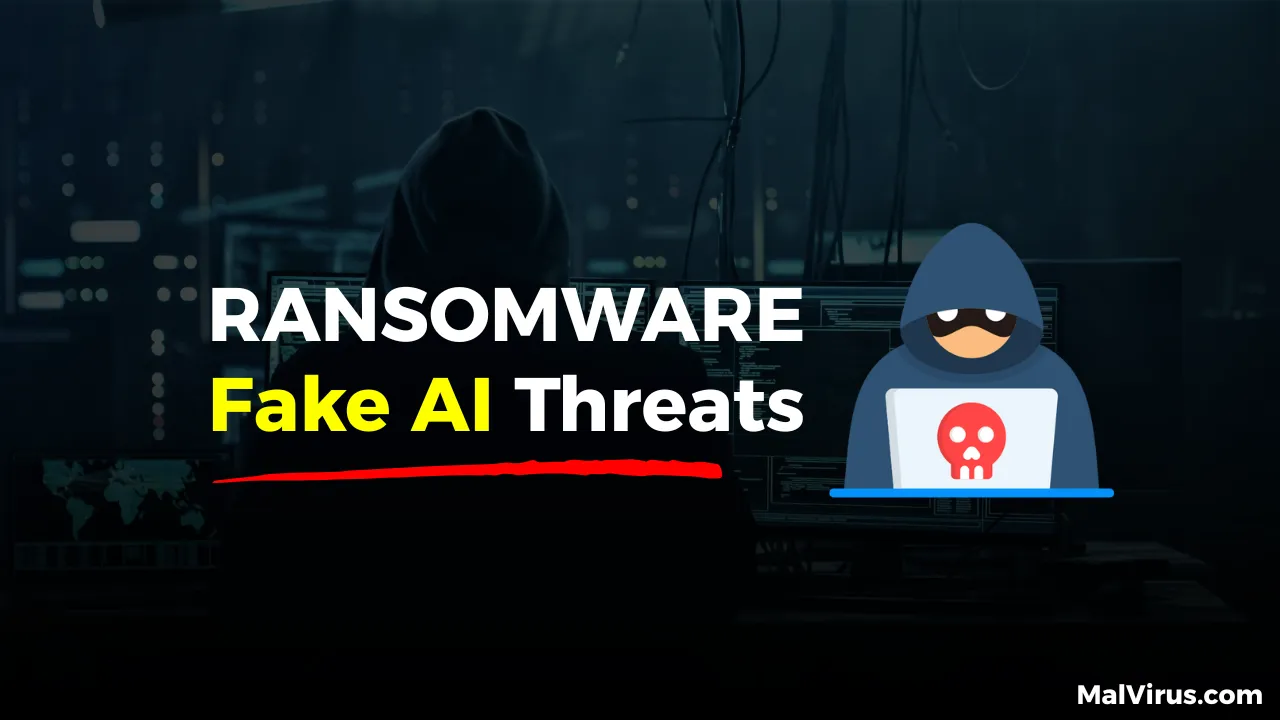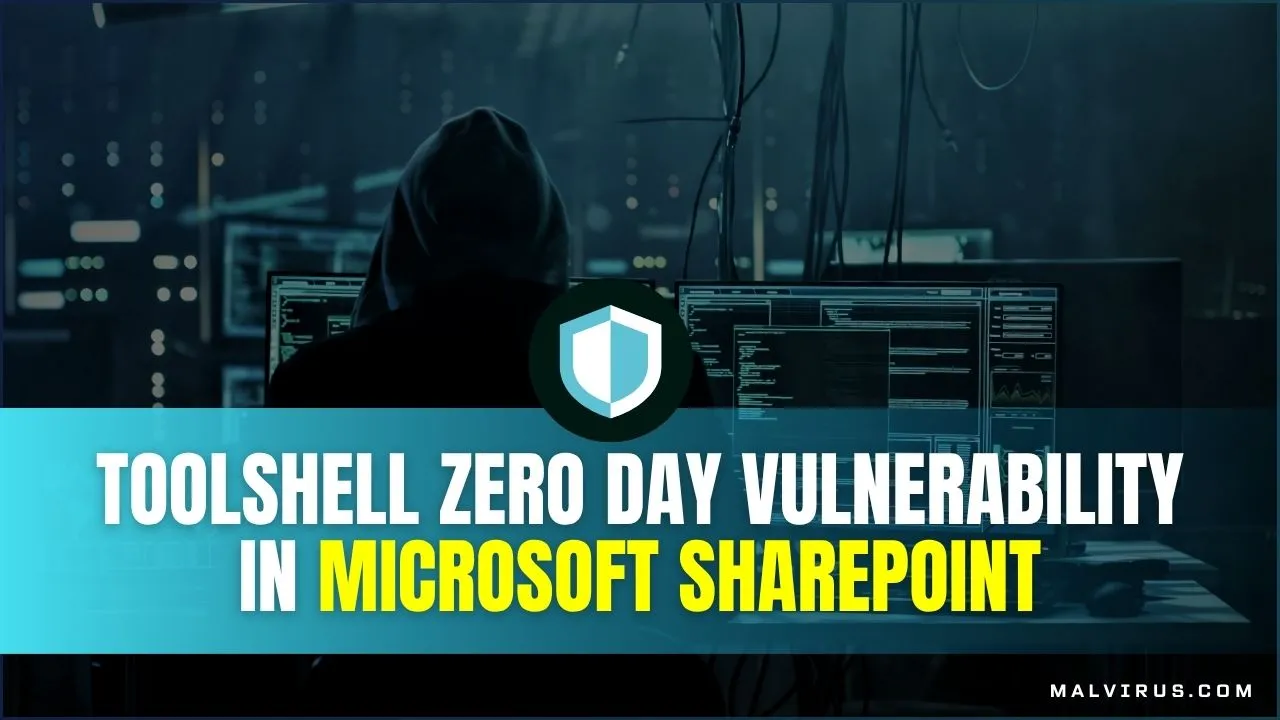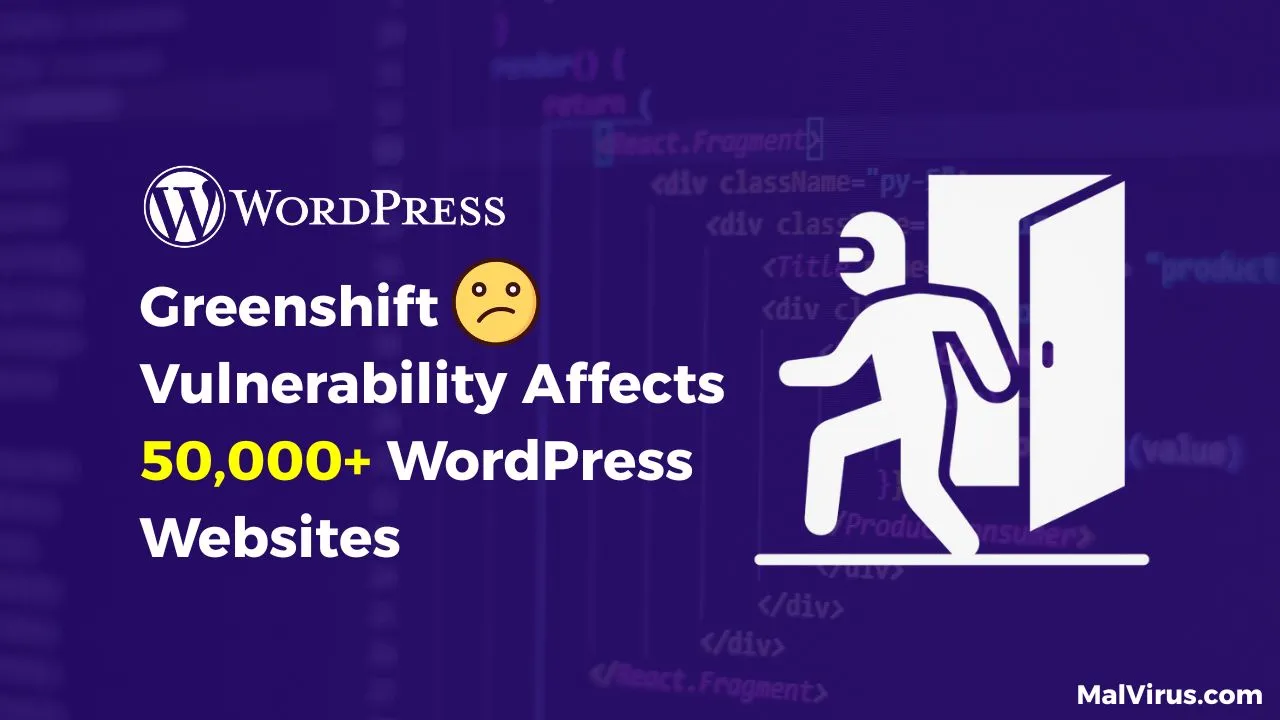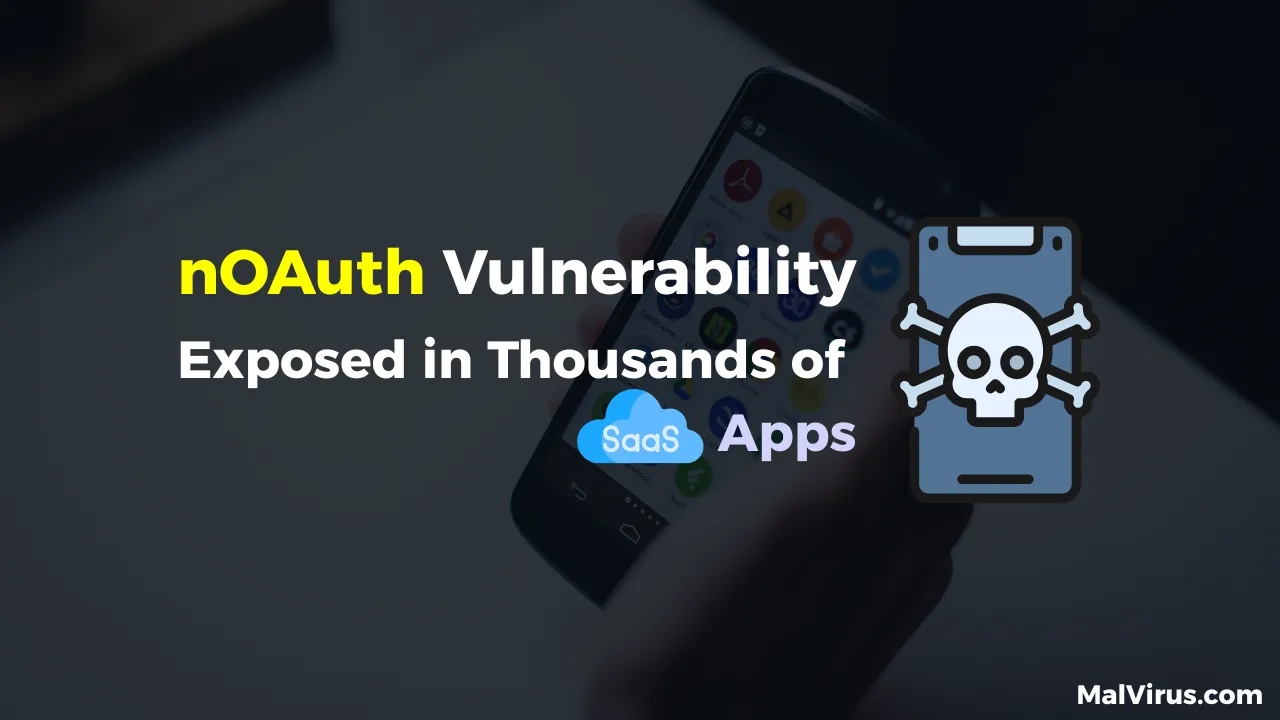How to Protect Against Ransomware Fake AI Threats
Is Ransomware Fake AI the Next Big Cyber Threat?
Malwarebytes Labs, a highly reputable cybersecurity research firm, has recently published research showing that small businesses may be falling for a new, sophisticated trick that cybercriminals are using. Some disreputable characters are using the term ‘AI tools’ but, in reality, are masquerading intelligent assistance tools as simple ransomware.
Indeed, in a rather complex way, cyber criminals are now employing Ransomware Fake AI strategies that mask malware as friendly software to attract small AI-hungry firms.
The Great “AI Tool” Scam
Talos’s researchers at Cisco took it one step further and, in an interesting but scary moment, discovered a number of trivial impersonations of popular AI tools such as ChatGPT, Nova Leads, and even InVideo AI.
The bait is aiding software downloads. But the actual prize is cleverly masked ransomware such as CyberLock and Lucky_Gh0$t. And this is probably riskier than signing up for a fitness program only to contract the flu.
Case 1: Nova Leads AI – The Free Trial That Costs $50,000

- The cyber criminals designed a website that looked very similar to Nova Leads, which is a company that really helps with lead generation. But, unlike real leads, the fake “Nova Leads AI” brought CyberLock ransomware. When it was launched, it encrypted the files and left a note demanding – get this – 50 thousand in crypto.
- What they said was the truth? According to the perpetrators the funds were to be sent to solve the humanitarian crisis for women and children. Of course, without the encryption, the actual money was never enough for people and charity would be unthinkable in such a situation.
Case 2: ChatGPT 4.0 “Premium.exe” – AI With a Side of Malware
- The other attack was more sophisticated, as it came in the guise of an installer with a malicious name “ChatGPT 4.0 full version – Premium.exe”. The file that sounded so good would be in fact a repository of Lucky_Gh0$t ransomware and a few open-source AI tools from Microsoft that were on the up and up (probably just for show to antivirus software).
Basically, these dudes were straight to the point. The note that they wrote stated in brief: “We are not a politically motivated group and we do not need anything other than your money.” So, they’re actually candid criminals?
Case 3: The InVideo AI Malware Becomes InVulnerable AI

Last but not least, we have Numero, the newest malware to be discovered, which has a disguise of a video storage malware InVideo AI. Although it is not of the kind of ransomware, which still managed to break systems so bad one would wish it was, number one annoyance. Once running, the virus “completely locks up the system.”
How Can Your Business Be Safe from Ransomware Fake AI
If you are a small business owner, and you belong to those who are interested in AI, then you are the main target for these scammers. However, no issues, Malwarebytes Labs (yep, it’s us again, they are reliable in research) are with you right to the last step.
These are the ways you can add more security:
- Patch your stuff. Fix known vulnerabilities in software, and lock down access to your systems (especially RDP and VPN).
- Use real protection. Invest in always-on security software that can detect ransomware before it does any damage. Prevention > Cure.
- Back it up, baby. Regularly back up your data — and store it offline. No internet = no reach = safe data.
- Clean up completely. If you’ve been hit once, don’t assume the threat is gone. Scrub everything: the malware, backdoors, hidden tools — all of it.
The lesson to be learned from the story? In case one is offering the latest AI tool, it would be better to take a short break and be sure that nothing is being missed. Do not let your curiosity or love for the tech be the cause of going out of business.
And always have in mind the fact that even if something is referred to as “AI” it doesn’t necessarily mean it’s clever and secure. Go with the data, such as that provided by Malwarebytes Labs, who throughout are committed to exposing the digital tricksters.
For detailed insights into real-world cyber threats, scam alerts, and expert tips to help you stay safe online, we warmly invite you to continue visiting Malvirus.com — your trusted destination for cybersecurity knowledge.








